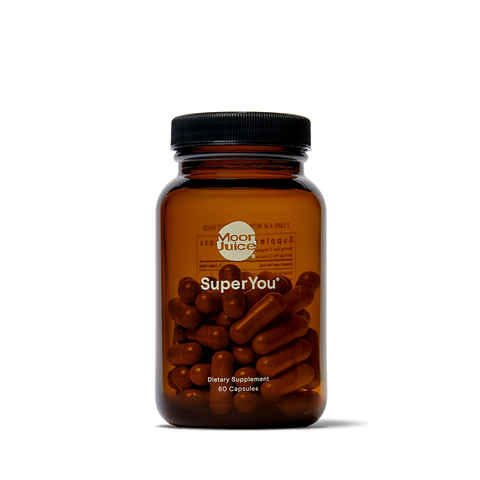“Our brain has its own set of immune cells that are specific to the brain — it has its own glymphatic system. The glymphatic system is basically between the exterior of the brain and immune cells, which are called microglial cells.
When we sleep, our brain slightly shrinks to allow the glymphatic channels to open up. This is where we have cerebrospinal fluid and debris from the day — and even things like plaques, tangles, and tau proteins. All this stuff that collects in our brains goes into the glymphatics and gets removed from the brain. The people who discovered it called it the dishwasher of the brain.
You could probably bring on the feeling of being hungover just by not getting enough sleep, because you didn’t go through that glymphatic cleaning cycle. So that makes it less likely for us to have really good, fast neural connections.
Of course, there are other things that can make us inflamed in the brain. I see this all the time with sugar. Inflammation coming from the gut can be transmitted via the vagus nerve to the brain. This happens a lot in people who have food sensitivities. We know that certain people have cross-reactivity between gluten and certain parts of the brain. So for people who have extreme gluten sensitivity, there's something called gluten ataxia. When people eat a piece of bread, within just a few minutes, they will actually start to get dizzy. But a lot of people just might feel brain foggy.
“Inflammation coming from the gut can be transmitted via the vagus nerve to the brain. This happens a lot in people who have food sensitivities.”
Same thing can happen with casein, which is in dairy. Some people can have cross-reactivity between dairy and receptors or tissue in their brain. So you can definitely have this increased inflammatory response in the brain that translates as feeling foggy. I would say that most people say they feel like they're not sharp, they can't really concentrate, or they have to read things several times over. Processing speed slows down.
And in terms of depression, we know that there's a huge connection between inflammation and depression. When they've looked at studies in depressed individuals, a disproportionate amount of them have higher levels of inflammatory cytokines and even something called C-reactive protein. However, you can't say that inflammation causes depression. There are many types of depression. But there is a role that inflammation can play in not just depression, but also anxiety and other cognitive and mood disorders. There's definitely a relationship.”
Sign Up, Nerd Out
Get wellness tips, education, and recipes
delivered straight to your inbox.
Get wellness tips, education,
and recipes delivered
straight to your inbox.
Want more? This is an excerpt from a longer convo with Dr. Heather Moday — listen or watch here!
















